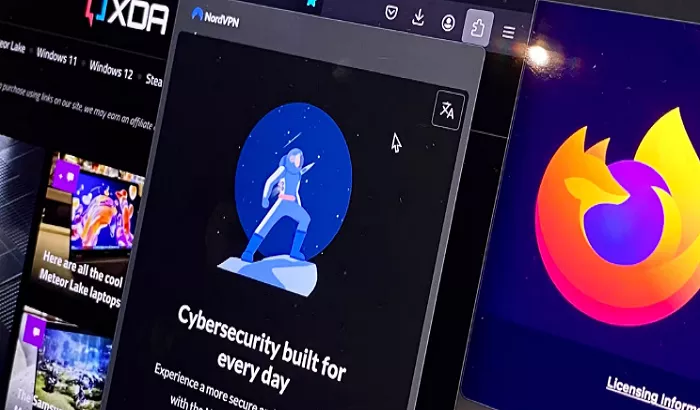Virtual Private Networks (VPNs) have become a popular tool for online privacy and security. However, misconceptions about their capabilities often lead users to believe they offer complete anonymity and protection. While VPNs enhance privacy, they are not a foolproof solution against all cyber threats.
VPNs Don’t Make Your PC Invulnerable
Many users assume that enabling a VPN makes their devices completely secure. While VPNs encrypt data and mask IP addresses, they cannot protect against all cyber risks. Unpatched software, zero-day exploits, phishing attacks, and credential stuffing remain threats, even with a VPN in place. To maximize security, users should also rely on antivirus software, firewalls, password managers, and two-factor authentication while keeping their systems updated.
Government Surveillance Is Still a Concern
VPNs gained popularity after Edward Snowden’s revelations about mass surveillance. While they help prevent tracking by Internet Service Providers (ISPs) and digital trackers, they cannot entirely stop government monitoring. Authorities can use deep packet inspection (DPI) to analyze traffic patterns, and some governments may force VPN providers to log and share user data. Additionally, VPNs cannot block surveillance through browser fingerprinting, telemetry data, and GPS tracking.
Zero-Log VPNs Still Collect Some Data
Many VPN providers claim to follow a strict “zero-log” policy, but this does not mean they collect no data at all. While a trustworthy VPN will not track browsing history, downloaded files, or IP addresses, most still log connection timestamps, crash reports, and device details for troubleshooting. Some also store payment information, which can be linked back to users. Choosing an independently audited VPN provider is crucial for ensuring minimal data retention.
VPNs Reduce Internet Speed, But Not Drastically
A common myth suggests that VPNs slow down internet speeds to an unusable level. While they do introduce some latency due to encryption and rerouting, modern VPNs are optimized to minimize speed reductions. On average, users may experience a 10-30% decrease in speed. Nearby servers typically offer faster connections, while distant servers may cause more noticeable slowdowns. However, even with a VPN, a 100 Mbps connection can still deliver speeds sufficient for 4K streaming.
VPNs and Online Gaming: Latency Matters
While VPNs are effective for privacy, they are not ideal for online gaming. The additional routing process can increase latency, making fast-paced games less responsive. Players experiencing lag should consider using a wired connection, closing background applications, or switching to a VPN server closer to their location.
Using Multiple VPNs Won’t Double Your Protection
Some believe that chaining two or more VPNs can provide extra security. In reality, using multiple VPNs leads to slower speeds and potential data leaks. Each additional VPN server adds encryption and decryption processes, increasing latency and making web browsing, downloads, and streaming less efficient. A single high-quality VPN already provides strong encryption, making extra layers unnecessary.
The Bottom Line: VPNs Are Useful but Not a Cure-All
VPNs are valuable tools for online privacy, but they are not a one-stop solution for cybersecurity. Users must remain aware of other risks and take additional precautions to protect their data. A combination of a reliable VPN, strong passwords, security updates, and cautious online behavior is the best approach to maintaining digital security.

